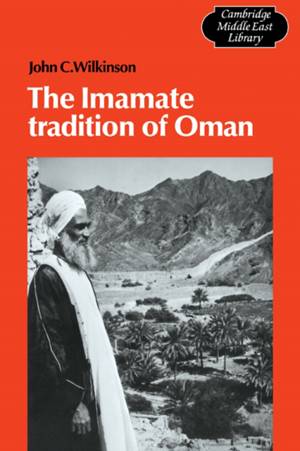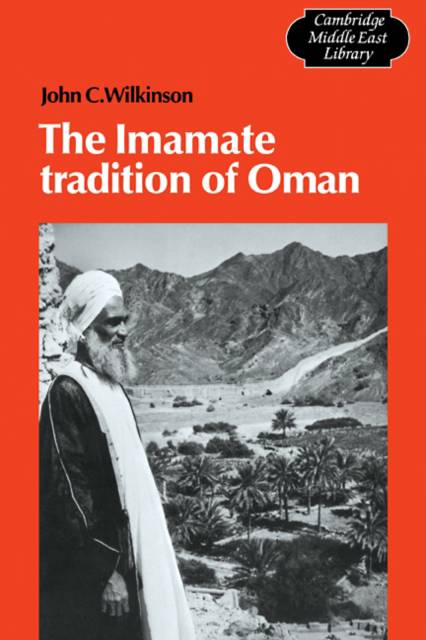
- Afhalen na 1 uur in een winkel met voorraad
- Gratis thuislevering in België vanaf € 30
- Ruim aanbod met 7 miljoen producten
- Afhalen na 1 uur in een winkel met voorraad
- Gratis thuislevering in België vanaf € 30
- Ruim aanbod met 7 miljoen producten
Zoeken
Omschrijving
At the core of this book is an attempt to explain a conflict in Oman in the 1950s and 1960s between two claimants to authority: the Imam of the Ibadi sect in the interior and the Sultan with his capital at Muscat on the coast. The crisis, precipitated by two rival oil companies, acquired wider dimensions because the Sultan was supported by the British, whilst the Imam was eventually backed by Saudi Arabia. In his analysis of the roots of this conflict John Wilkinson traces the themes of regional identity, tribal organization and political authority over some 1200 years of history in south-eastern Arabia. The constitution of the Imamate has periodically unified the tribes of central Oman into a form of statehood capable of creating an overseas empire. But in spite of the accruing wealth, notably from Eastern Africa in the nineteenth century, the institutions necessary for permanent government were never created.
Specificaties
Betrokkenen
- Auteur(s):
- Uitgeverij:
Inhoud
- Aantal bladzijden:
- 428
- Taal:
- Engels
- Reeks:
- Reeksnummer:
- nr. 11
Eigenschappen
- Productcode (EAN):
- 9780521106146
- Verschijningsdatum:
- 2/04/2009
- Uitvoering:
- Paperback
- Formaat:
- Trade paperback (VS)
- Afmetingen:
- 152 mm x 229 mm
- Gewicht:
- 625 g

Alleen bij Standaard Boekhandel
+ 170 punten op je klantenkaart van Standaard Boekhandel
Beoordelingen
We publiceren alleen reviews die voldoen aan de voorwaarden voor reviews. Bekijk onze voorwaarden voor reviews.











